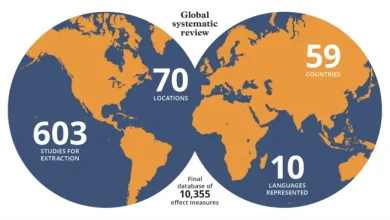Zimbabwe Women Against Corruption (ZWACT) has urged government to thoroughly investigate the practice of extra lessons, prevalent in schools that has created a huge gap between learners from poor backgrounds and privileged ones.
In commemoration of the International Day of Education this Tuesday, ZWACT director Sandra Matendere highlighted the issue of extra lessons as a hindrance to learners’ equal access to basic education.
“We recommend that the government improve monitoring systems in schools to ensure that all learners have equal access to education.
“The issue of extra lessons is taking long to be addressed and we call upon the government to investigate and address corruption in the education sector,” she said.
Matendere called for a multi-stakeholder approach to effectively fight against corruption because some of the issues raised had sadly gone unsolved.
“The commemorations come at a time where equal access to education is continuously being restricted by barriers such as corruption.
“Teachers in public schools are demanding money for in-class extra lessons from learners, a move which is fuelling discrimination among learners.
“Attention is being given to those who afford paying and those who can’t afford are being deprived of equal access to quality education,” she said.
Matendere bemoaned how some parents are forced to play along with the teachers’ demands for their children to learn.
“The right to education is enshrined in section 75 of the constitution of Zimbabwe. This basic human right enables citizens to know other human rights and hold office bearers accountable. Sustainable development goal 4 aims to ensure inclusive and equitable quality education and promote lifelong learning opportunities for all,” she added.
Furthermore, ZWACT revealed that corruption is the primary threat to achieving sustainable development.
“Corruption remains a significant threat to the achievement of this sustainable development. The impact of education sector corruption is more severe because of its long-term effects on learners.
“Education has the potential to transform people’s livelihood therefore it is important to have it accessible and affordable to everyone,” she said.
ZWACT applauded the government’s efforts in assisting some vulnerable children through the Basic Education Assistance Module (BEAM) program and its allocation to the education sector in the national budget.
In addition, ZWACT urged the government to improve the teachers’ working conditions and remuneration to end corruption.
“We encourage the government to continue addressing other issues like improving working conditions and remuneration of teachers since it is cited as one of the push factors of education sector corruption,” said Matendere.




